Discover the Women of the Hall
These are the Inductees of the National Women’s Hall of Fame. Select any of the women to discover their stories and learn how they have influenced other women and this country.
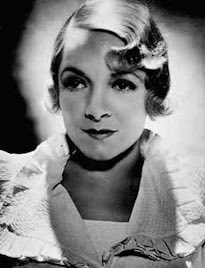 Helen Hayes
Arts
1900
1973
Helen Hayes
Arts
1900
1973

Helen Hayes
A major actress in all entertainment areas, from live theater to films and radio. In 1955, New York’s Fulton Theatre was renamed in her honor to commemorate a distinguished 50-year career.
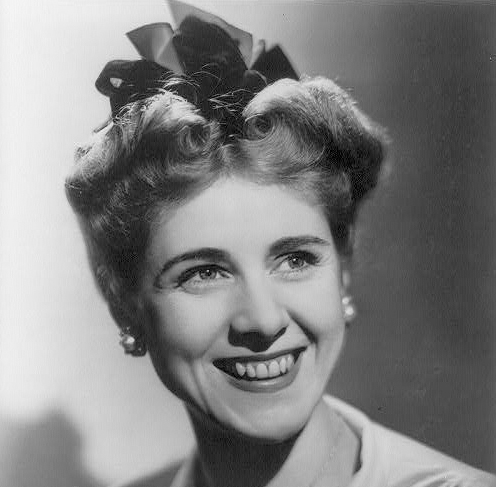 Clare Boothe Luce
Arts, Government, Humanities, Philanthropy
1903
New York
2017
Clare Boothe Luce
Arts, Government, Humanities, Philanthropy
1903
New York
2017

Clare Boothe Luce
She was instrumental in the creation of the Atomic Energy Commission and later established an endowment for what has become one of the single most significant sources of private support for women in science, mathematics, and engineering.
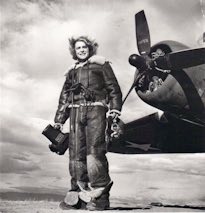 Margaret Bourke-White
Arts
1904
New York
1990
Margaret Bourke-White
Arts
1904
New York
1990

Margaret Bourke-White
Trailblazing photographer, recording the Depression, London in the Blitz, Stalin and the Kremlin, World War II and more as the paramount photographer for Life, Fortune and other publications.
 Anne Morrow Lindbergh
Arts, Science
1906
1996
Anne Morrow Lindbergh
Arts, Science
1906
1996

Anne Morrow Lindbergh
Author of numerous elegant essays, journals and other books. Lindbergh also excelled as co-pilot and navigator with her husband Charles on their historic flights to promote the development of international aviation.
 Eudora Welty
Arts
1909
Mississippi
2000
Eudora Welty
Arts
1909
Mississippi
2000

Eudora Welty
One of the most significant writers of the 20th century, Eudora Welty won many notable literary prizes, including the Pulitzer Prize for her novel The Optimist’s Daughter. Her work is marked by what critic Jonathan Yardley called an “abiding tolerance…a refusal to pass judgment on the actors in the human comedy,” and it transcends generations and national boundaries. In 1998, the Library of America recognized her literary accomplishments by honoring her as the first living author published in the prestigious Library of America series.
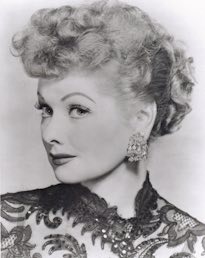 Lucille Ball
Arts, Business
1911
New York
2001
Lucille Ball
Arts, Business
1911
New York
2001

Lucille Ball
Undoubtedly one of the best known and best loved television comediennes of all time. The “I Love Lucy Show”, which began in 1951, is still shown in reruns in more than 70 countries around the world. She was a television pioneer who excelled both in the acting and the production aspects of television.
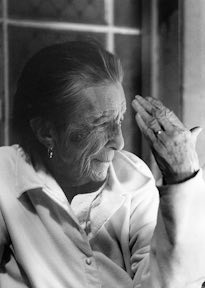 Louise Bourgeois
Arts
1911
France
2009
Louise Bourgeois
Arts
1911
France
2009

Louise Bourgeois
One of the world’s most preeminent artists, Louise Bourgeois’s career spanned over seven decades. Best known for her work as a sculptor, Bourgeois used a variety of materials including wood, metal, marble and latex to create works often reflective of her childhood experiences and life relationships. In 1982, Bourgeois became the first female artist to be given a retrospective at The Museum of Modern Art in New York, and in 1997 she was awarded the National Medal of Arts. Her varied and extensive body of work has been displayed in the collections of major museums worldwide.
 Julia Child
Arts
1912
California
2007
Julia Child
Arts
1912
California
2007

Julia Child
A graduate of Smith College, Julia Child went on to attend classes at Le Cordon Bleu in Paris. The famous American cook, author, and television personality introduced French cuisine and cooking techniques to America through her cookbooks and television programs. Her most famous works include the 1961 cookbook Mastering the Art of French Cooking and the television series The French Chef, which premiered in 1963. She is widely credited with demystifying the art of fine cooking.
 Billie Holiday
Arts
1915
Maryland
2011
Billie Holiday
Arts
1915
Maryland
2011

Billie Holiday
Considered by many to be one of the greatest jazz vocalists of all time, Billie Holiday forever changed the genres of jazz and pop with her unique style. Holiday began her career as a singer in Harlem nightclubs in 1931, without formal musical training. She went on to record and tour with a number of famous musicians like Benny Goodman and Lester Young, and officially began recording under her own name in 1936. Holiday, known for her deeply moving and personal vocals, remains a popular musical legend more than fifty years after her death.
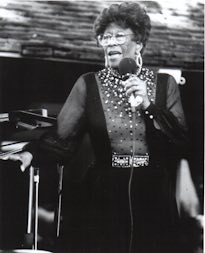 Ella Fitzgerald
Arts
1917
Virginia
1995
Ella Fitzgerald
Arts
1917
Virginia
1995

Ella Fitzgerald
World-renowned jazz singer and the first pop musician awarded the Lincoln Center Medallion. At 15, she entered a talent contest to dance. Her knees shook so much during the contest, she chose to sing instead and was discovered by a Chick Webb band member.
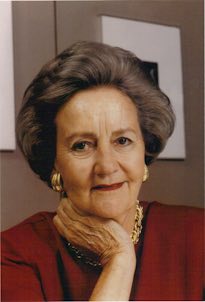 Katharine Graham
Arts, Business
1917
New York
2002
Katharine Graham
Arts, Business
1917
New York
2002

Katharine Graham
As publisher and then Board Chair and CEO of the Washington Post, Graham became one of the most influential women in the country. Her courageous decisions to publish the Pentagon Papers and to proceed with the Watergate investigation earned her a reputation as a daring and thorough journalist, willing to take risks in order to give the American people full access to important information.
 Gwendolyn Brooks
Arts
1917
Kansas
1988
Gwendolyn Brooks
Arts
1917
Kansas
1988

Gwendolyn Brooks
Poet and novelist. Brooks was the first African American woman to win the Pulitzer Prize (Annie Allen, 1949). She was very active in the Black arts movement.
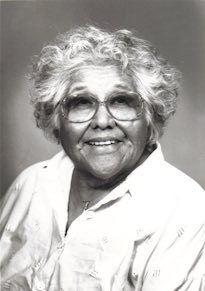 Katherine Siva Saubel
Arts, Education, Humanities
1920
California
1993
Katherine Siva Saubel
Arts, Education, Humanities
1920
California
1993

Katherine Siva Saubel
Founder of the Malki Museum at the Morongo Reservation in California. Born on a reservation in great poverty, Saubel became determined to preserve her tribe’s culture and language, despite overwhelming odds. A learned ethno anthropologist, Saubel was a founder of this first museum run by Native Americans.
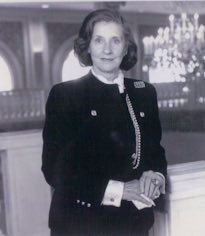 Wilhelmina Cole Holladay
Arts, Business, Philanthropy
1922
1996
Wilhelmina Cole Holladay
Arts, Business, Philanthropy
1922
1996

Wilhelmina Cole Holladay
Founder of the National Museum of Women in the Arts in Washington, D.C., which brings national and international attention to the vast achievements of women in art.
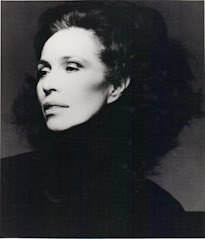 Maria Tallchief
Arts
1925
Oklahoma
1996
Maria Tallchief
Arts
1925
Oklahoma
1996

Maria Tallchief
Prima ballerina with the New York City Ballet and artistic director for the Lyric Opera Ballet in Chicago. Tallchief created a distinctive style and interpretation which continues to influence contemporary ballet. She used her international acclaim to bring about greater understanding and appreciation of Native Americans.
 Maya Angelou
Arts
1928
Missouri
1998
Maya Angelou
Arts
1928
Missouri
1998

Maya Angelou
Poet, author and early Civil Rights advocate. Angelou’s early career was in the theater, and she co-wrote Cabaret for Freedom to raise funds for the Southern Christian Leadership Conference, for which she later became northern coordinator. She raised social consciousness through writings such as I Know Why the Caged Bird Sings and The Heart of a Woman. She was a nominee for a Tony, an Emmy, and a Pulitzer Prize.
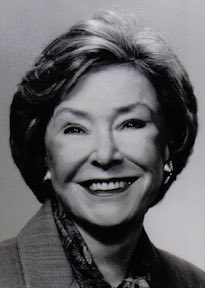 Joan Ganz Cooney
Arts, Business, Education
1929
Arizona
1998
Joan Ganz Cooney
Arts, Business, Education
1929
Arizona
1998

Joan Ganz Cooney
Founder of the Children’s Television Workshop for Public Television and creator of Sesame Street. Cooney created a study for the Carnegie Corporation on the possible use of television for preschool education. Acting on her own findings, she solicited funds to develop a program for television. For this, she was the winner of the Emmy and Peabody Awards, along with other honors.
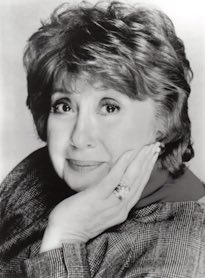 Beverly Sills
Arts
1929
New York
1998
Beverly Sills
Arts
1929
New York
1998

Beverly Sills
Acclaimed Soprano who became the first woman General Director and then President of the New York City Opera, and later first woman chair of the Lincoln Center for the Performing Arts, guiding the Center to become one of the nation’s most important institutions. She was not only directly responsible for the discovery and launch of many young performers, but was also actively involved in a myriad of humane works, including the National Victim Center and (as National Chair) the March of Dimes Mothers March on Birth Defects.
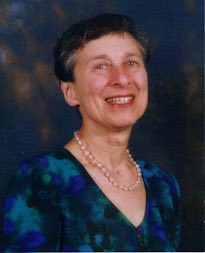 Barbara Holdridge
Arts, Business
1929
New York
2001
Barbara Holdridge
Arts, Business
1929
New York
2001

Barbara Holdridge
Barbara Holdridge is the co-founder of Caedmon Records, the first commercially successful project to record and distribute the works of living authors as well as recordings of past literary works by distinguished actors.
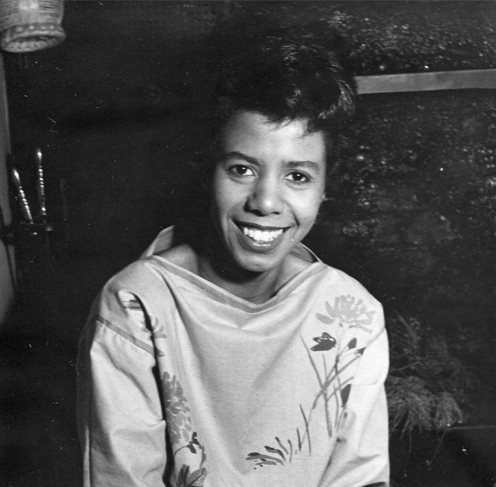 Lorraine Hansberry
Arts, Humanities
1930
Illinois
2017
Lorraine Hansberry
Arts, Humanities
1930
Illinois
2017

Lorraine Hansberry
A groundbreaking playwright and essayist best known as the author of A Raisin in the Sun, which ensured a place for the Black experience in American theatre. She was the first Black woman to have a show produced on Broadway, the first Black playwright and the youngest American to receive the prestigious New York Drama Critics’ Circle Award for Best American Play, and the first Black American to win the distinguished Drama Desk Award.
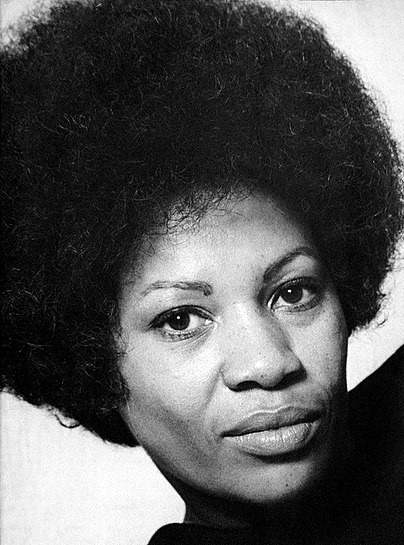 Toni Morrison
Arts, Humanities
1931
2020
Toni Morrison
Arts, Humanities
1931
2020

Toni Morrison
An author and book editor who fostered a new generation of Black writers. Morrison has been unapologetic about her focus on Black people’s experiences, and the power with which she has brought this focus.
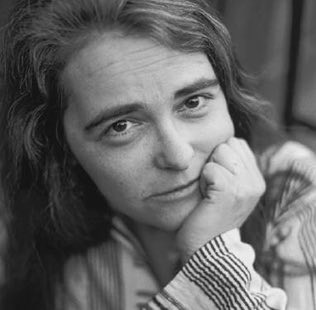 Kate Millett
Arts, Education, Humanities
1934
Minnesota
2013
Kate Millett
Arts, Education, Humanities
1934
Minnesota
2013

Kate Millett
A feminist activist, writer, visual artist, filmmaker, teacher and human rights advocate, Kate Millett has been described as one of the most influential Americans of the twentieth century. Millett began her career as an English instructor and in 1966, became the first Chair of the Education Committee of the newly formed National Organization for Women. In 1968, she authored a pioneering report published by NOW, Token Learning: A Study of Women’s Higher Education in America, in which she challenged women’s colleges to provide an equal education for women. Millett is perhaps best-known for her landmark work in feminist theory, Sexual Politics (1970). She currently serves as the Director of the Millett Center for the Arts, a creative work space that provides artist in residence accommodation and studio facilities to women artists from around the world.
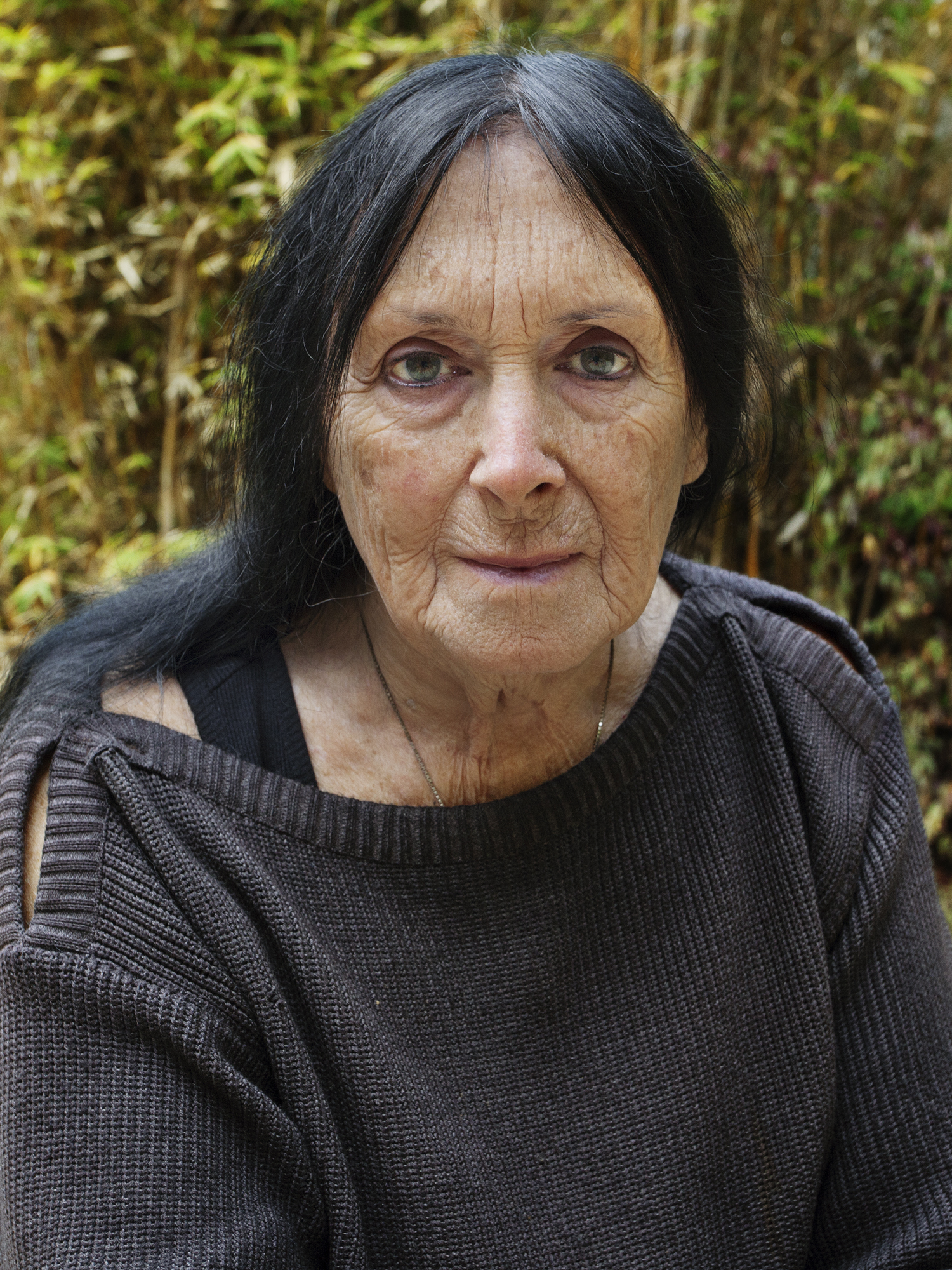 Allucquére Rosanne Stone
Arts, Education, Humanities
1936
New Jersey
2024
Allucquére Rosanne Stone
Arts, Education, Humanities
1936
New Jersey
2024

Allucquére Rosanne Stone
Allucquére Rosanne Stone, also known as Sandy Stone, is an academic, media theorist, artist, audio engineer, and computer programmer. A founder of the academic discipline of transgender studies, Stone’s trailblazing work created space for trans scholars to unfold the vast spectrum of gender.
 Jane Fonda
Arts, Government, Humanities
1937
2019
Jane Fonda
Arts, Government, Humanities
1937
2019

Jane Fonda
A two-time Academy Award winning actress (Best Actress in 1971 for Klute and in 1978 for Coming Home), activist, businesswoman, author, producer for film and television and philanthropist, Jane Fonda has revolutionized how we see things from the screen to fitness to representations of women and girls in the media. From the counterculture of the 1960s to today’s feminism, Native American rights and environmentalism; from Kluteto 9 to 5 to Grace and Frankie: Fonda has been a visionary and powerful influencer. Through the Jane Fonda Foundation and the Fonda Family Foundation, Fonda funds causes related toyouth and education, adolescent reproductive health, the environment, human services, and the arts. In 2005, together with Robin Morgan and Gloria Steinem, she co-founded the Women’s Media Center, an organization that works to increase the visibility and power of women in media. Fonda serves on the board of the organization. She is the recipient of many honors and awards, including two Academy Awards, two BAFTAs, four Golden Globes, a Primetime Emmy Award, the AFI Life Achievement Award, and the Honorary Golden Lion. In 2007, Fonda received an Honorary Palme d’Or from the Cannes Film Festival, making her one of three people to ever be granted this honor until then. She was also recognized with a Tony Award nomination for her role on Broadway in Moisés Kaufman’s 33 Variations. In 2018, a documentary following Fonda’s remarkable journey, Jane Fonda in Five Acts, was released.
